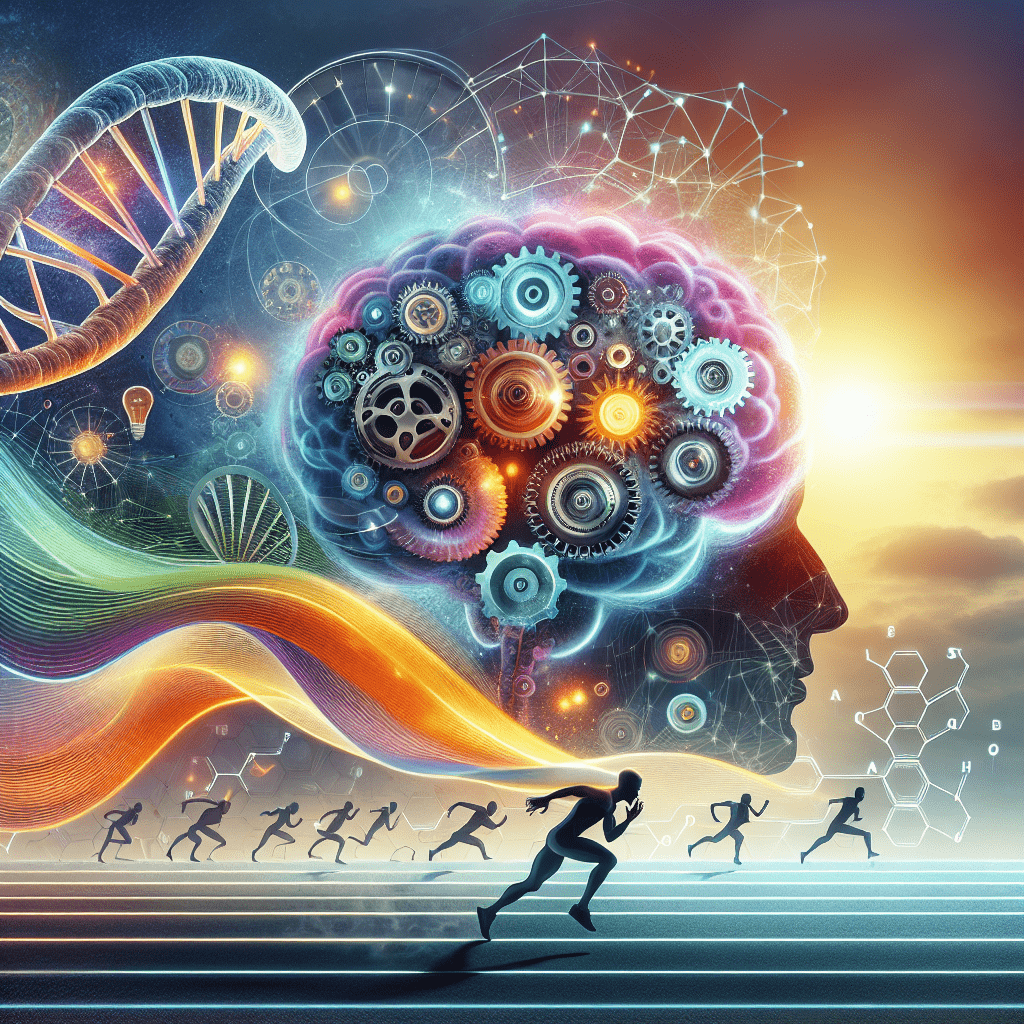Motivation is the driving force behind our actions, behaviors, and goals. It is what compels us to take action and push ourselves to achieve success. Understanding the science of motivation can help us better understand what drives us to succeed and how we can harness that drive to reach our full potential.
The Psychology of Motivation
At its core, motivation is a complex psychological process that drives behavior. There are two main types of motivation: intrinsic and extrinsic. Intrinsic motivation comes from within and is driven by personal satisfaction, enjoyment, or a sense of accomplishment. Extrinsic motivation, on the other hand, comes from external sources such as rewards, praise, or recognition.
Psychologists have identified several theories of motivation that help explain why we are driven to achieve certain goals. The most prominent of these theories include Maslow’s Hierarchy of Needs, which suggests that individuals are motivated by a hierarchy of needs ranging from basic survival needs to self-actualization; and Self-Determination Theory, which posits that intrinsic motivation is driven by three key psychological needs: autonomy, competence, and relatedness.
The Science of Motivation
Neuroscientists have also made significant advancements in understanding the science of motivation. Studies have shown that the brain’s reward system, primarily centered around the release of dopamine, plays a crucial role in motivating behavior. When we achieve a goal or experience success, our brains release dopamine, reinforcing that behavior and driving us to seek out similar rewards in the future.
Additionally, researchers have found that setting specific, challenging goals can significantly increase motivation and drive performance. This is known as goal-setting theory, which suggests that individuals are more likely to be motivated when they have clear, achievable goals to strive for.
Implications for Achievement
Understanding the science of motivation has important implications for achieving success in various areas of life. By recognizing the factors that drive our motivation, we can better set goals, stay focused, and persevere in the face of challenges. Whether it’s in academics, career, fitness, or personal relationships, harnessing motivation can help us reach our full potential and lead more fulfilling lives.
Conclusion
Overall, the science of motivation is a multifaceted and complex topic that plays a crucial role in driving behavior and achieving success. By delving into the psychological and neurological mechanisms that underlie motivation, we can gain a deeper understanding of what drives us to take action and how we can leverage that drive to reach our goals. Ultimately, by harnessing motivation, we can unlock our full potential and lead more fulfilling, successful lives.
FAQs
1. What are the different types of motivation?
There are two main types of motivation: intrinsic and extrinsic. Intrinsic motivation comes from within and is driven by personal satisfaction, enjoyment, or a sense of accomplishment. Extrinsic motivation comes from external sources such as rewards, praise, or recognition.
2. How does the brain’s reward system impact motivation?
The brain’s reward system, primarily centered around the release of dopamine, plays a crucial role in motivating behavior. When we achieve a goal or experience success, our brains release dopamine, reinforcing that behavior and driving us to seek out similar rewards in the future.
3. What is goal-setting theory?
Goal-setting theory suggests that individuals are more likely to be motivated when they have clear, achievable goals to strive for. Setting specific, challenging goals can significantly increase motivation and drive performance in various areas of life.
TIP:
One effective way to boost motivation is to break down large goals into smaller, more manageable tasks. By setting achievable milestones along the way, you can maintain momentum and stay motivated as you work towards your ultimate goal.
#Science #Motivation #Understanding #Drives #Achieve
